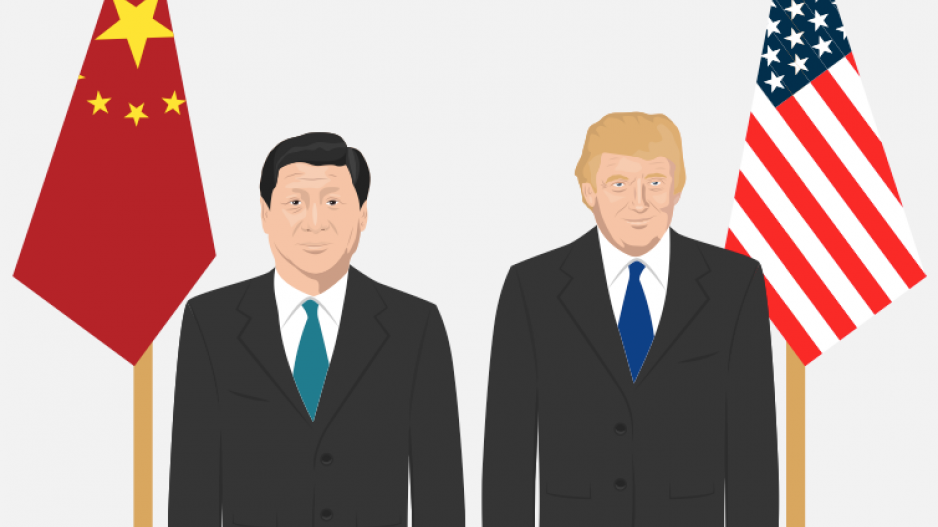Future historians will undoubtedly have great fun with the moment on November 10 in Danang, Vietnam, when Donald Trump left the stage after delivering a whiny “America first” speech and China’s Xi Jinping strode on to deliver a confident ode to multilateralism and collaboration.
Commentators are already portraying this vignette at the Asia-Pacific Economic Co-operation forum summit as the moment when the United States passed the torch of world leadership to China. There were indeed sharply contrasting visions of Trump’s inward-looking, suspicious and defensive U.S. against the bright picture painted by Xi of an outward-going China, eager to “build a community with a shared future for mankind.”
Future historians may well agree with that judgment. But all that can be said for sure at the moment is that over his 12-day, five-country Asian tour, the U.S. president alienated several of Washington’s allies and made his professed goal of fair and balanced trade with Asian partners a distant dream.
Trump came to Asia with two domestic objectives, both of which he perceives as preoccupations of his core supporters at home.
One is the prospect of North Korea acquiring the ability to hit the U.S. with a nuclear-armed missile, and actually doing so.
The other is the U.S. trade deficit with Asia, which has bounced along at around $535 billion for the last three years.
Whereas past U.S. presidents of all political stripes have seen security and diplomatic and economic relationships as inexorably intertwined, Trump does not see it that way. His Asian tour was primarily a trade mission, and he hailed it as a “tremendous success,” though it is hard to see on what basis.
He did attempt to reassure South Korea and Japan – the U.S. allies most threatened by North Korea – that Washington has their backs. That assurance lost something of its lustre, however, when coupled with Trump’s dominant theme of wanting to wipe out U.S. trade deficits by new bilateral agreements that ensure “free and fair” commerce.
He arrived in Asia having already withdrawn the U.S. from the Trans-Pacific Partnership (TPP), a free trade alliance that had a strong mutual security core.
Coupled with Trump’s now well--established distaste and disdain for multinational trade pacts, he therefore arrived in the region having already abdicated the U.S. role of Asian trade leadership.
The immediate fallout from Trump taking the U.S. off the field of play is that the remaining 11 countries in the TPP deal are preparing to go it alone. The new version of the TPP is called, somewhat clunkily, the Comprehensive and Progressive Agreement for Trans-Pacific Partnership (CPTPP), and includes Japan, Canada, Mexico, Australia, New Zealand, Chile, Peru, Singapore, Brunei, Malaysia, and Vietnam.
On the same day Trump and Xi gave their speeches, the CPTPP 11 agreed to the basic principles of the new deal and committed to push towards a final settlement.
It is only from a distance that Xi looks like a magnanimous benefactor. Close up, with Xi reaffirmed as China’s most powerful leader since Mao Zedong for at least the next five years and his “Chinese dream” looking very like the re-establishment of the imperial Middle Kingdom, the picture for many Asian countries is more troubling.
Xi talked a good line, but Asian countries’ experience of dealing with China often involves being the victims of intellectual property theft and trade manipulation, and getting the short end of the stick in infrastructure deals. Xi’s One Belt, One Road project to link Greater Asia, the Middle East and Europe into a new Silk Road of trade has its attractions, but it is a belt that binds countries to China. •
Jonathan Manthorpe ([email protected]) has been an international affairs columnist for four decades.




